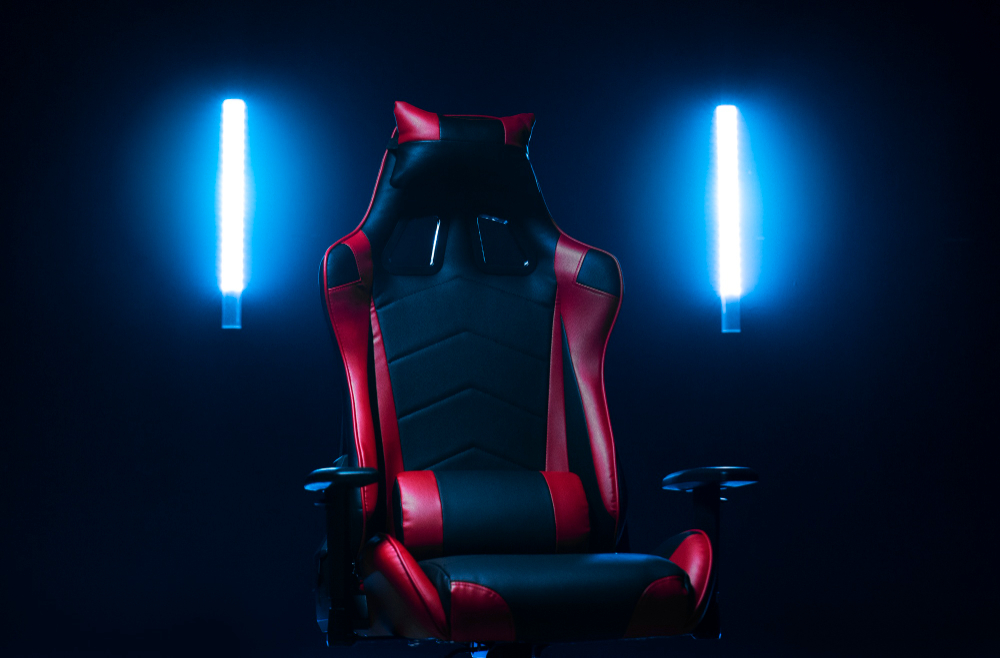In any creative medium, people like to tread a line between offering something new and exciting, while using that which is familiar as an anchor. This makes sense. By providing something people already know, you give a safety net that allows them a gateway into the new. It is just like walking into a party and scanning the crowd for people you already know. Gaming is no exception, but is the reliance on it good for players and the industry?
Familiarity With Modern Gaming
The era of consoles and home computers has been awash with familiar characters in unfamiliar settings and formats. Take a look at some of the biggest franchises ever created. Nintendo has been exceptional at this, putting its main mascot through various platform game formats, digital art studios, point-and-click adventures and the most famous of all, cart racing.
Yet it is not only the mainstream console developers that use familiarity. The iGaming sector has also got in on the act, cross-pollinating the world of consoles and online casinos. Space Invaders Roulette is one such title that can be found when you play roulette online. It takes the familiar graphics and concept to attract new players who were fans of the retro original. Even franchises that have only existed within the iGaming community, such as the slot game Gonzos Quest, have variations such as its Megaways system counterpart available to players of online slots UK.
The Psychology Behind Familiarity
There is psychology behind this. People don’t just create products based on existing licences and ideas because they can’t think of anything new. Familiarity breeds attraction, and the more people are exposed to something, the more they want it.
You can find this in many other creative fields and entertainment. People will have playlists of songs they have heard before, which can comfort them or excite them. They will also watch classic movies, despite having seen them over and over again. The algorithms used on streaming services such as Netflix and Spotify thrive on this, suggesting new things people may like, but covering them in a blanket that is based on other things they have enjoyed in the past.
Is Familiarity in Gaming a Good Thing?
There are camps for and against the argument for familiarity in gaming. Many legacy titles are often accused of cruising along. Updated titles can often be much of the same with a few changes. Sports games are well known for this, by simply updating players and adding a new feature or two. It could also potentially choke the industry if a reliance on legacy titles becomes all-encompassing. A look at the music industry, currently riding high on huge nostalgia acts in stadiums but crippled at the grassroots level, could be an indicator of what may happen with gaming.
Undoubtedly, familiarity needs to be used in small measures. All fans like to see updates and new versions of existing games. These legacy titles bring millions of pounds into the industry each year. It is a valuable way to boost the sector’s revenue. Using familiarity has helped fuel growth in traditional gaming sectors and the casual market, creating jobs and taxable income. Crucially, their popularity means that it is something people want, suggesting familiarity is a positive and is here to stay.

